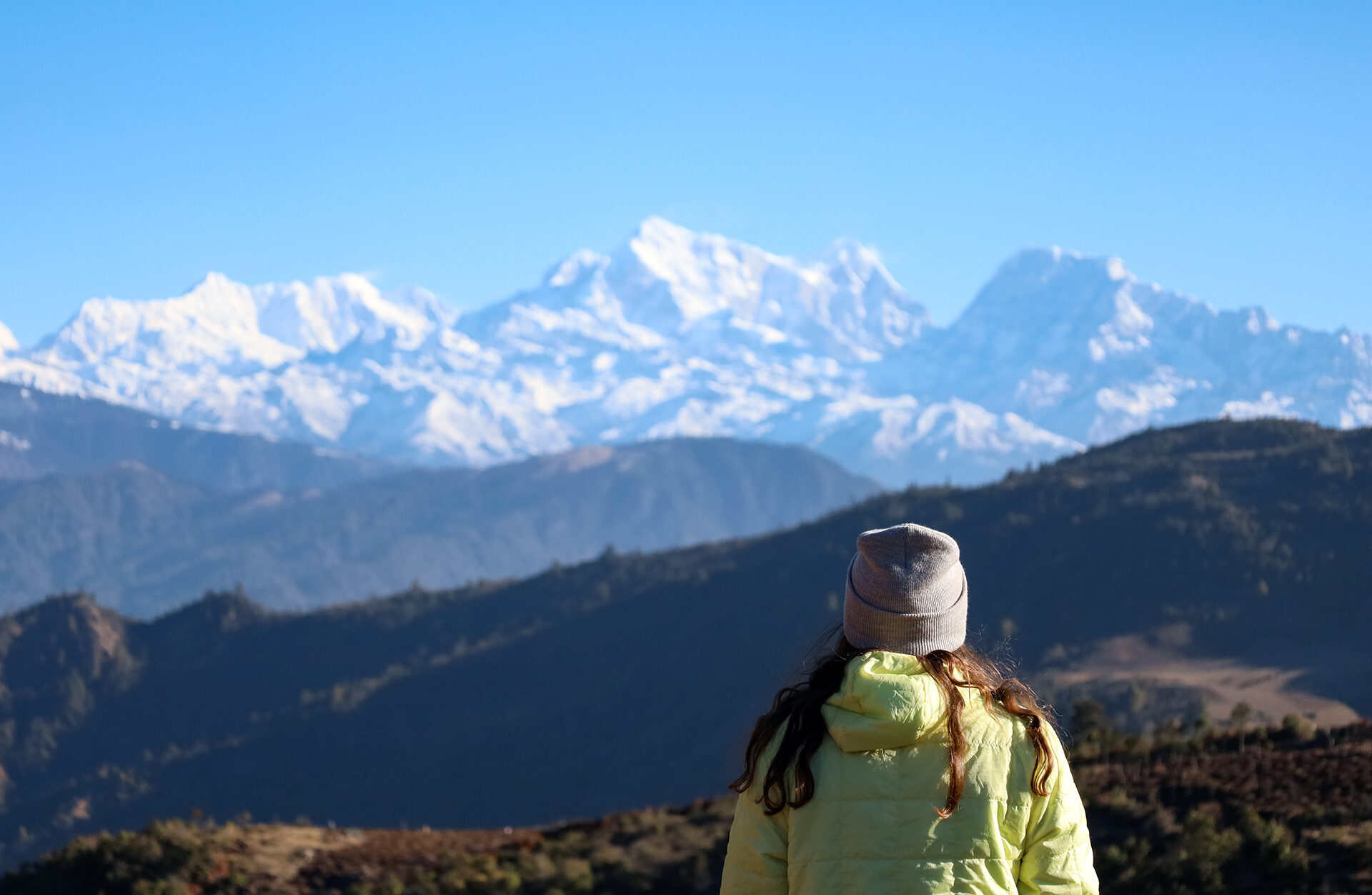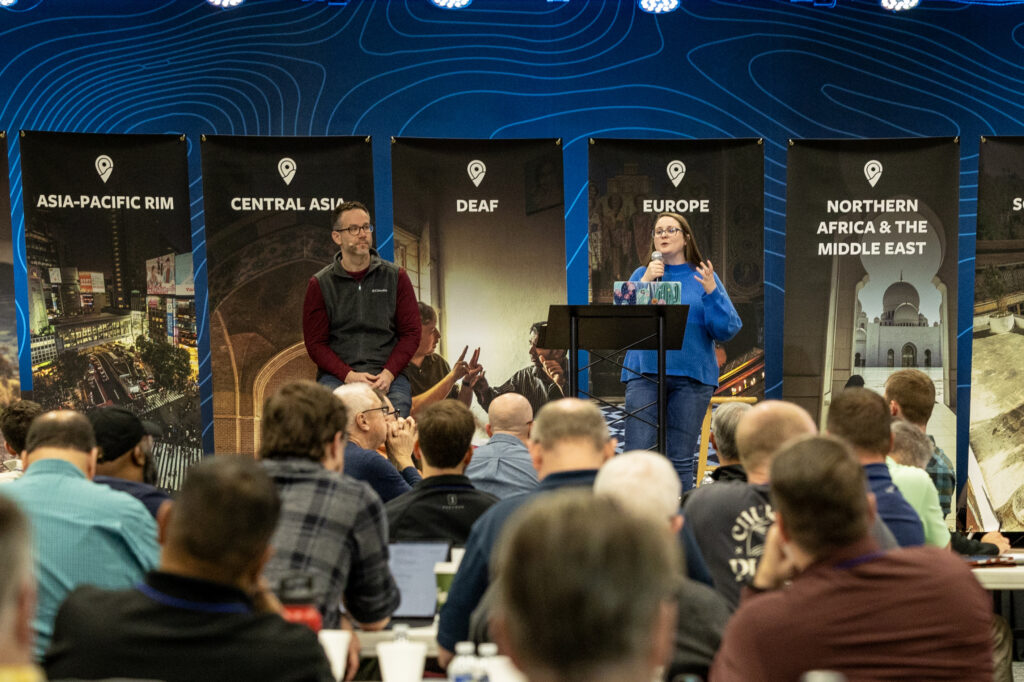Missionary Explorer Shares Gospel with UUPGs
Some days June Estes pinches herself to make sure she isn’t dreaming. As an International Mission Board missionary explorer, she experiences a lot of things she never imagined doing in her lifetime:
Like, standing under a string of prayer flags flapping in the wind along a remote hiking path. Or zooming around a noisy city via a bright green rickshaw. Or tears rolling down her cheeks when she finds a group of people who have never heard the name of Jesus Christ.
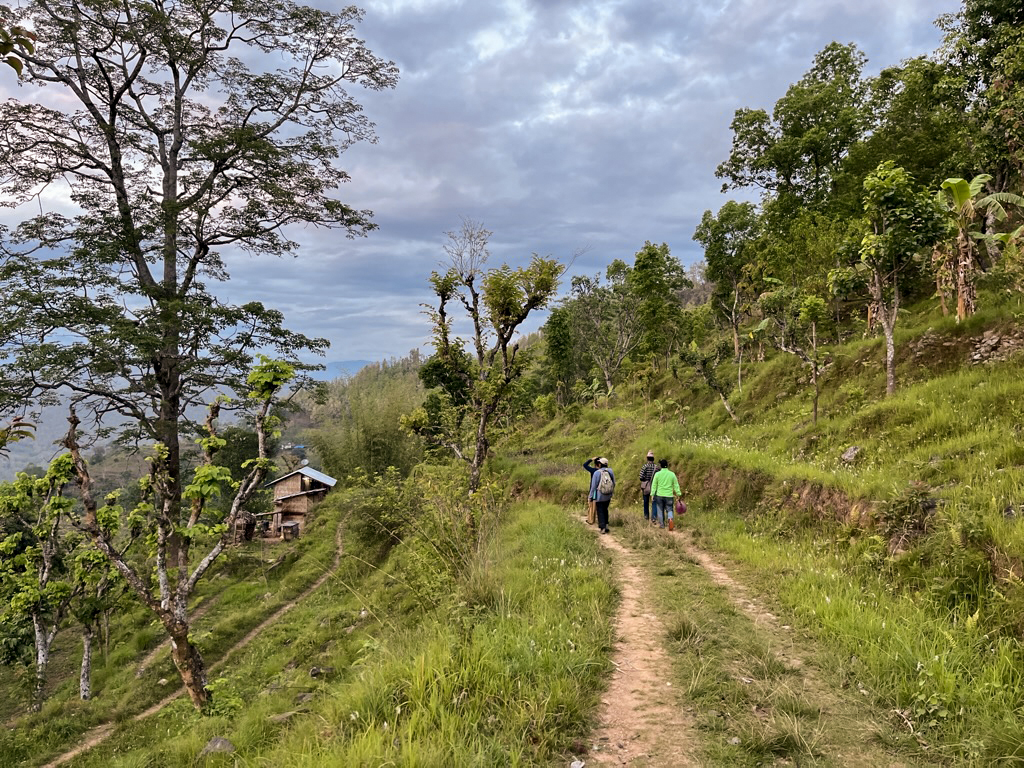
Estes, an SCSentOne and Palmetto Collective graduate, is part of an IMB initiative called Project 3000. Her job is to find and research the culture and beliefs of unengaged, unreached people groups living at the edge of spiritual lostness. The IMB hopes to send 300 missionary explorers over the next few years to kick start strategies in bringing the gospel to 3,072 unengaged groups. The young adult explorers aren’t alone. They work with veteran missionary teams and local believers all over the world.
Explaining her job can be hard sometimes. So, join Estes as she answers questions sent by her friends and family and see how this great pursuit to the edges of spiritual lostness is becoming reality.
Q&A with a Missionary Explorer
Q: Why Project 3000?
Estes: I don’t think there’s a better way to describe the “why” than Paul does in Romans 15:20:
“…I make it my ambition to preach the gospel, not where Christ has already been named…”
God is calling us to these people and places where Christ has not yet been named! There’s a reason these are the last unengaged groups. If it were easy, it would already be done. Many live off the beaten path or hide in plain sight within busy cities, while others have not heard the gospel because there’s a very real cost for following Jesus — their homes, jobs and sometimes their lives.
Q: Are you on a team or trekking “the wilds” by yourself?
Estes: That question hits on two big misperceptions about this initiative.
First, I’m not alone. I’m part of a team. We work closely with national partners who speak the local languages and know the area. Together, we prayerfully seek opportunities to share the gospel. Our strategy to reach every people group ultimately comes back to local ownership of the Great Commission.
Second, not all unengaged people groups live in remote areas. Many are in cities. For some of us, Project 3000 isn’t as “hardcore” as most people imagine. While my team goes to remote areas, we also spend time in cities and small towns with many modern resources. Where you go to research really depends on what people groups you are tasked to find.
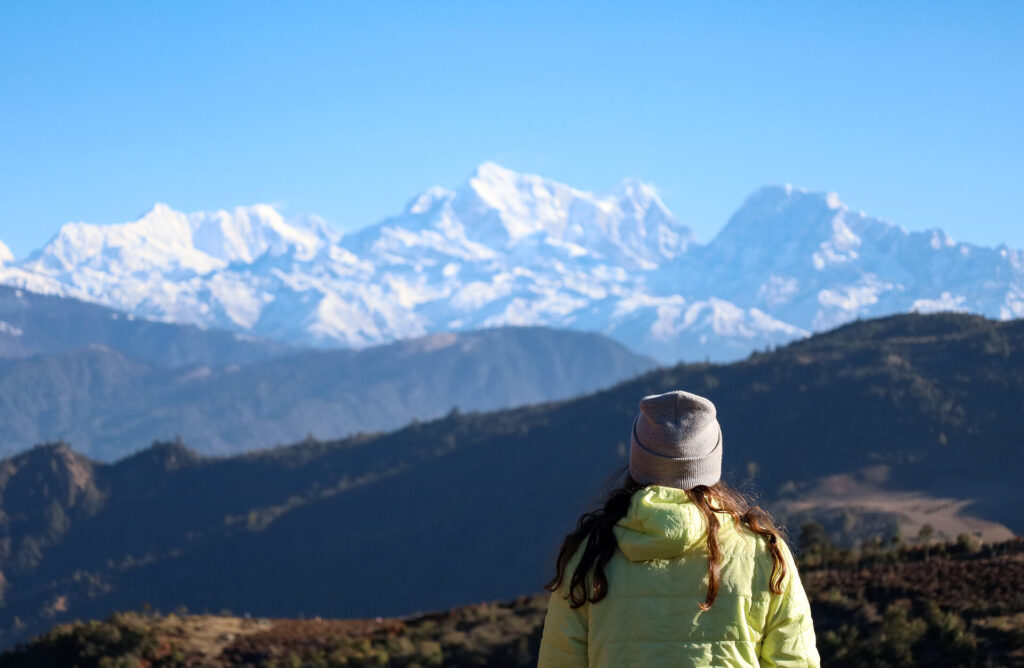
Q: What is the biggest joy about being a missionary explorer?
Estes: Honestly, it’s seeing how the Lord answers our prayers. Yes, OUR prayers — as in you and others around the world! When I sit across from a family in a people group we searched for and found, I see our prayers answered. I can’t describe the joy in my heart when my team connects with them and that relationship of trust begins.
A lot of these people don’t know the name of Jesus. They’ve never heard the stories of His mercy. When they allow my team to share the gospel and multiple family members hear the name of Jesus for the first time, we know God is the one working in their hearts.
Seeing the fruit of our prayers is a huge joy!
Q: What are the struggles?
Estes: Constantly saying goodbye. This struggle surprised me. Life on the mission field is a lot of goodbyes but especially in our role of explorer. We’re constantly meeting new people and working to establish deep relationships quickly. Then, after a couple weeks (or sometimes days), it’s time to say goodbye. Learning to trust and let go is hard. I know God will still be at work after we’re not physically present in these unreached places but it’s a huge challenge.
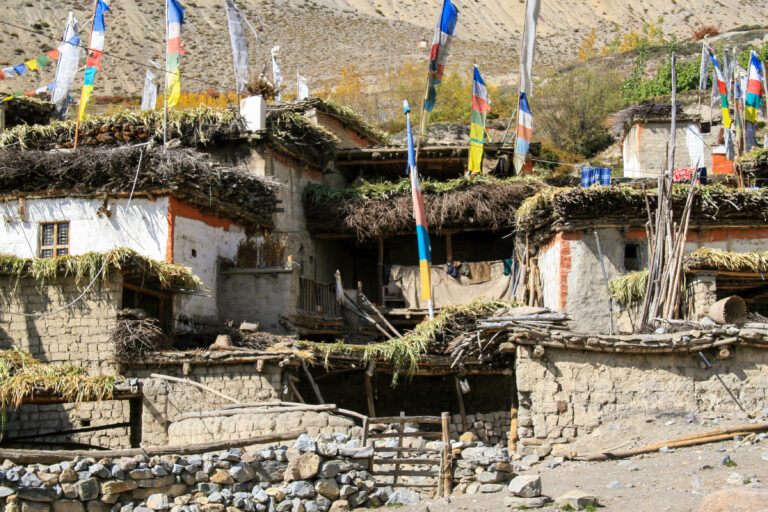
Q: What have you seen God do?
Estes: That’s a question I could spend days answering. I think the best way to describe what I’ve seen is God’s provision. I think back and see how He provided a person at the right time to be in the right place just so my team could make a connection with someone from a UUPG. We never would have found them on our own. Because of God’s provision, we’ve been able to share and even see some respond with faith in Jesus Christ.
Q: What can we do to support you and be more involved?
Estes: First, thank you for sending me and constantly praying for me, the other missionary explorers and our national partners. We definitely feel the power of your prayers!
Your generous gifts to the Lottie Moon offering and Cooperative Program allow us to venture out and meet these peoples who have never heard the Word of God. Your prayers sustain us and are important.
Second, I invite — no, URGE you to prayerfully consider if a job as a missionary explorer is right for you. Is He calling you to some of these people and places where Christ has not yet been named?
We need everyone working together in this Great Pursuit — whether actively researching or kneeling in prayer at your church. You can join our team two different ways:
1. Missionary explorer: A minimum two-year commitment to go and research groups of unengaged, unreached peoples.
2. Virtual explorer: Commit to the Great Pursuit by participating virtually from your church and home. You’ll follow along with those of us on the ground and be our main support system as we see every people group found and known.
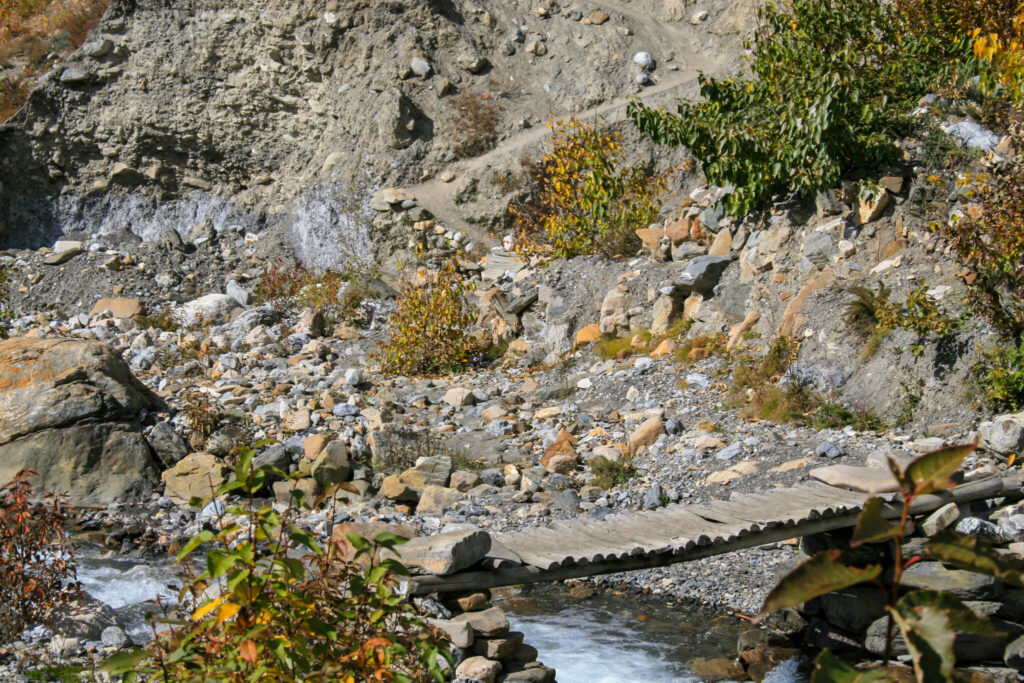
Name changed due to security. Answers edited for length.
This Advance Story was adapted from this story by the International Mission Board.
